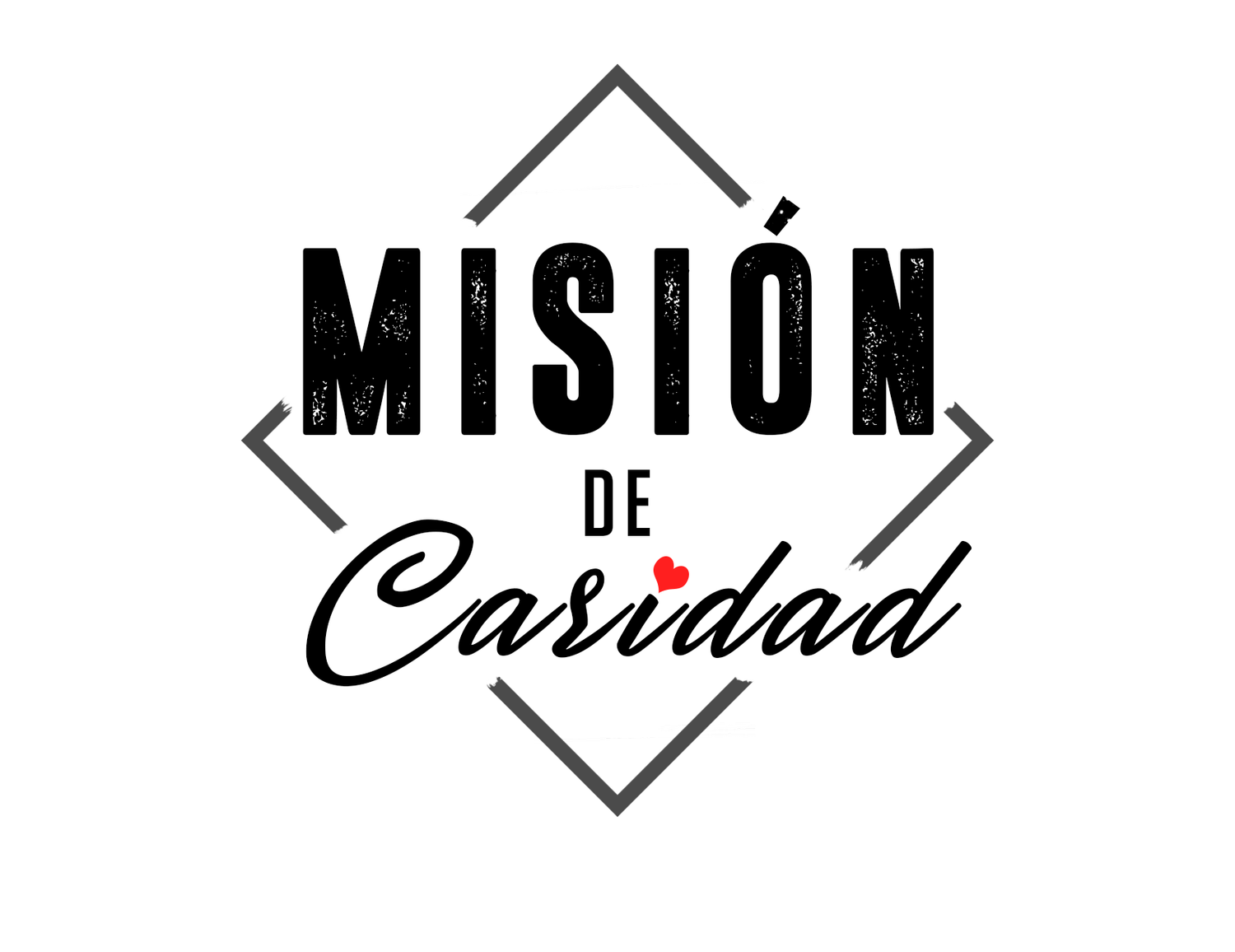Medical Fairs
"Health is a state of complete physical, mental and social well-being, and not merely the absence of disease or infirmity."
- World Health Organization
At MdC, we strongly believe access to health is a human right and our twice-a-year medical fairs are an important part of our community’s journey out of extreme poverty. With limited access to quality care and even scarcer resources to pay for it, many in our community go untreated and lack medical records.
Medical fairs started in April 2021 with Dr. Joe Lee (DMD, MPH), Andy Noh (MSN, CNP) and have steadily grown with their leadership and depth of services provided. Today each fair includes 20+ volunteers who stay locally to provide 3 days of services to the families in our current and extended community.
Fairs are designed to address the physical and emotional health needs of the community. Each patient has an individual health record allowing us to track each patient’s needs and progress over time and measure improvements or areas where we need to put more focus.
Our medical fairs provide a variety of forms of support, including:
Biometric screenings and medical check-ups
Dental care and cleanings, including important procedures such as extractions, fillings and fittings for dentures [pictures from Joe]
Basic medications
Vision screenings, including prescription glasses
Overall evaluations of wellbeing
Seminars on a variety of health and nutrition topics
Prayer for any community members who are interested, and most accept the opportunity to be heard and prayed over.
Year after year we see significant improvements in the community and our doctors can immediately tell a new family from one that has already been a part of our program.
Medical Care
A screening station is the first step before patients visit our doctors. At this station, under the direction of Nurse Noh, patients receive a biometric screening to evaluate their overall health.
Dr. David Ting and Dr. Junne Kamihara review the results of the medical screening, ask additional follow-up questions and consult with the patients to address and create an action plan for many of their concerns including, frequent headaches, constipation, irregular heartbeats, high blood pressure, high blood sugar, diabetes, depression, and other health issues.
A scribe ensures that all information is meticulously documented in the patient’s medical record.
A list of patients requiring urgent follow-up care is created for issues that can’t be treated during the fair.
Dental Services
At the dental station, our team of dentists treat patients alongside their translators, medical scribes, dental assistants and hygienists. As the dentists evaluate each patient, the scribes mark cavities and dental concerns in their record.
The hygienists provide cleaning while the dentists fill cavities and perform any necessary tooth extractions.
A list of patients requiring urgent follow-up care is created for issues that can’t be treated during the fair.
Afterwards, dental assistants apply fluoride to every patient and discuss the importance of brushing teeth and maintaining good dental hygiene. Each patient receives a bag of goodies which includes a toothbrush, toothpaste, and floss, and kids pick a gift from our treasure box.
Vision Evaluations
Optometrist Dr. Alan Kwok adds much needed vision services to the medical fair. The vision test assesses visual function and distributes reading glasses to those who need them. Patients with more complex prescriptions choose frames and Dr. Kwok orders the glasses in the US. MdC later delivers the glasses to the community members, providing many with clear vision for the first time in their lives.
Health and Wellbeing Survey
Poverty takes a toll on mental and physical health. At each medical fair, to help us hone and improve our programs, we survey adults about income, living conditions, children's education, and more.
MdC’s goal is to continue to identify the factors that keep families in poverty and offer opportunities that empower women and children to improve their situations. At the same time, we track our results to be sure families are moving closer toward self-reliance.
Health Education
Educating community members on physical and emotional health is critical to MdC’s mission to empower families through knowledge.
At the medical fair, every adult visits the seminar station. This half-hour session, run by our medical team staff, Jean Noh and Sarah Kwok, is designed to address root cause issues our families are facing related to their wellbeing.
Over the years topics have included: educating on sugar found in foods/drinks, the importance of exercise for physical and emotional health, and various topics related to child development and discipline. These sessions have been an essential component to improving the long-term success of the health and wellness of the community.
This approach continues with seminars for adults at our weekly Super Saturday program where we take a deeper dive into the issues that our families are facing.
Prayer
After the medical stations, families are offered the opportunity to receive prayer. Almost all families accept, grateful to have their concerns heard and prayed for.
Many are brought to tears as they share their worries about family members with addiction issues, concerns about the future of their children and health issues.
Medical Records
During our medical fairs we ensure that the results of all our medical, dental, and vision screenings are recorded in each patient’s medical record. These records support our goal of improving community health over time by allowing us to track patient progress.
You Can Help Us
Our medical fairs are a major part of our mission to empower migrants to escape poverty. We are currently planning for our upcoming fairs.
To support our work related to medical care, please donate by clicking the button below.














